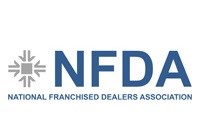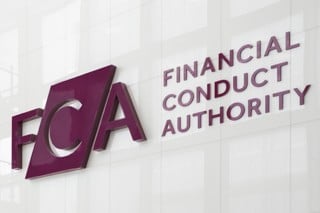The National Franchised Dealers Association (NFDA) has submitted evidence on the fast-changing automotive sector to the Department for Business and Trade (DBT) amid concerns new Block Exemption rules may “leave too much unsaid”.
The NFDA said it fears that any decision to replace the retained MVBER with an aftermarket instrument broadly in line with the status quo may not go far enough to preserve current “healthy levels of competition” in the sector as certain carmakers evolve towards agency model distribution strategies.
Its view was aired after yesterday’s (March 1) submission of a response to the Department for Business and Trade’s (DBT’s) consultation on the draft Motor Vehicle Agreements Block Exemption Order 2023 (MVBEO).
The NFDA's submission sought to highlight the “disconnect between current and imminent market realities” and the potential pitfalls of basing new regulation on a pre-2017 market landscape which informed the EU’s present MVBER policy position.
Chief executive Sue Robinson said: “We have highlighted and made reference to market trends, outlined the possible implications of future sales models and made specific recommendations to be incorporated in the MVBEO and/or guidelines.
“Going forward, the NFDA will continue to actively engage with the CMA, DBT and other stakeholders over the MVBEO and the best ways of preserving healthy levels of competition in relevant UK automotive retail markets.”
The current MVBER is due to expire on May 31, 2023.
The Independent Garage Association (IGA) has also raised concerns that the UK’s incoming regulations may inhibit competition in a market of rapidly-evolving technology and retail models.
 Chief executive Stuart James said: “While the draft MVBEO legislation strengthens many areas of the existing MVBER, there are several areas which could be detrimental to consumers unless further clarifications are made.
Chief executive Stuart James said: “While the draft MVBEO legislation strengthens many areas of the existing MVBER, there are several areas which could be detrimental to consumers unless further clarifications are made.
“Of particular concern is the lack of requirement for in-vehicle messaging to inform customers that they have an alternative solution for servicing via an independent operator.
“We would also like to see a requirement for authorised repairers to make it clear to consumers that they can choose who services, maintains and repairs their vehicle without invalidating its warranty.”
Back in November 2021 the NFDA’s Consultation Position Paper and Response to the Competition and Markets Authority (CMA) on ‘Retained Vertical Agreements Block Exemption Regulation’ stated that increased consolidation among car retailers and manufacturers along with OEMs’ direct sales and agency model strategies – along with the risk of increased control of the customer journey – posed a threat to competition and value for car buying consumers.
It said: “The NFDA believes that a new regulation (and accompanying guidance) could strike a better balance in this respect, as well as providing greater legal certainty for all businesses involved.
“Addressing these issues will work towards preserving and enhancing the benefits that consumers have experienced historically through strong intra-brand competition. These benefits are currently at risk as a result of increased OEM focus on cost reduction and profitability.”
The Competition and Markets Authority (CMA) later wrote to the Secretary of State recommending the introduction of new, UK-specific block exemption regulations for the automotive sector.




















Login to comment
Comments
No comments have been made yet.